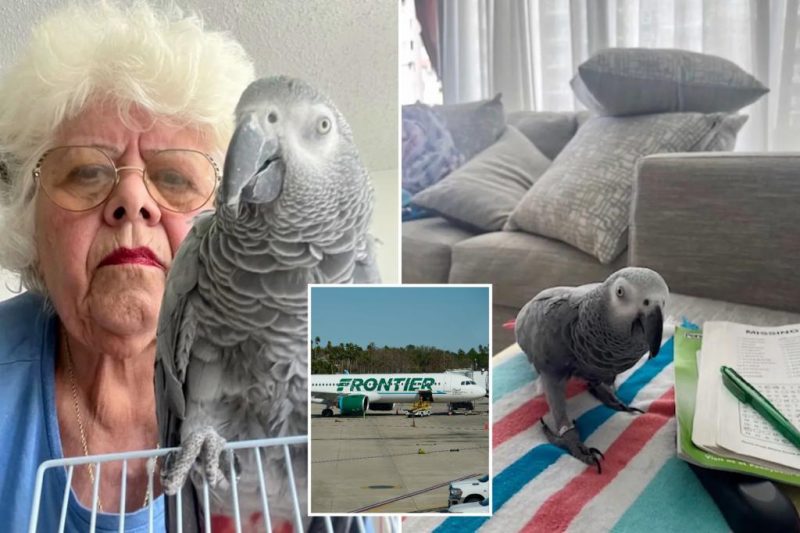
An 81-year-old Bronx woman is facing an unexpected vacation extension, all thanks to her beloved emotional support parrot. After enjoying a trip to Puerto Rico, she found herself stranded when the airline refused to allow her feathered friend to board the flight home. The incident highlights the ongoing complexities and inconsistencies surrounding emotional support animals in air travel.
The woman, whose identity has not yet been publicly released, reportedly relies on her parrot for emotional well-being. The details surrounding the airline’s refusal remain unclear, but it’s likely the parrot didn’t meet the airline’s specific requirements for emotional support animals, which can vary significantly between carriers. This leaves the elderly woman facing unexpected expenses and the stress of an unplanned extended stay.
This situation underscores the need for clearer and more consistent policies regarding emotional support animals on airplanes. While these animals can provide crucial support for individuals with certain conditions, the lack of standardization across airlines creates uncertainty and potential hardship for travelers. Many airlines have tightened their policies in recent years, leading to more frequent incidents where passengers are denied boarding with their emotional support animals.
The incident also raises questions about the accessibility and affordability of travel for elderly individuals who rely on emotional support animals. The unexpected costs associated with an extended stay, coupled with the emotional distress of the situation, highlight potential vulnerabilities within the travel system. It remains to be seen how the situation will be resolved, and whether the airline will take responsibility for the woman’s extended stay and associated expenses.
This case serves as a reminder of the importance of thoroughly researching airline policies regarding emotional support animals before booking a flight. It’s also a call for greater clarity and consistency in the regulations surrounding emotional support animals in air travel, ensuring a fairer and more accessible experience for all passengers.










